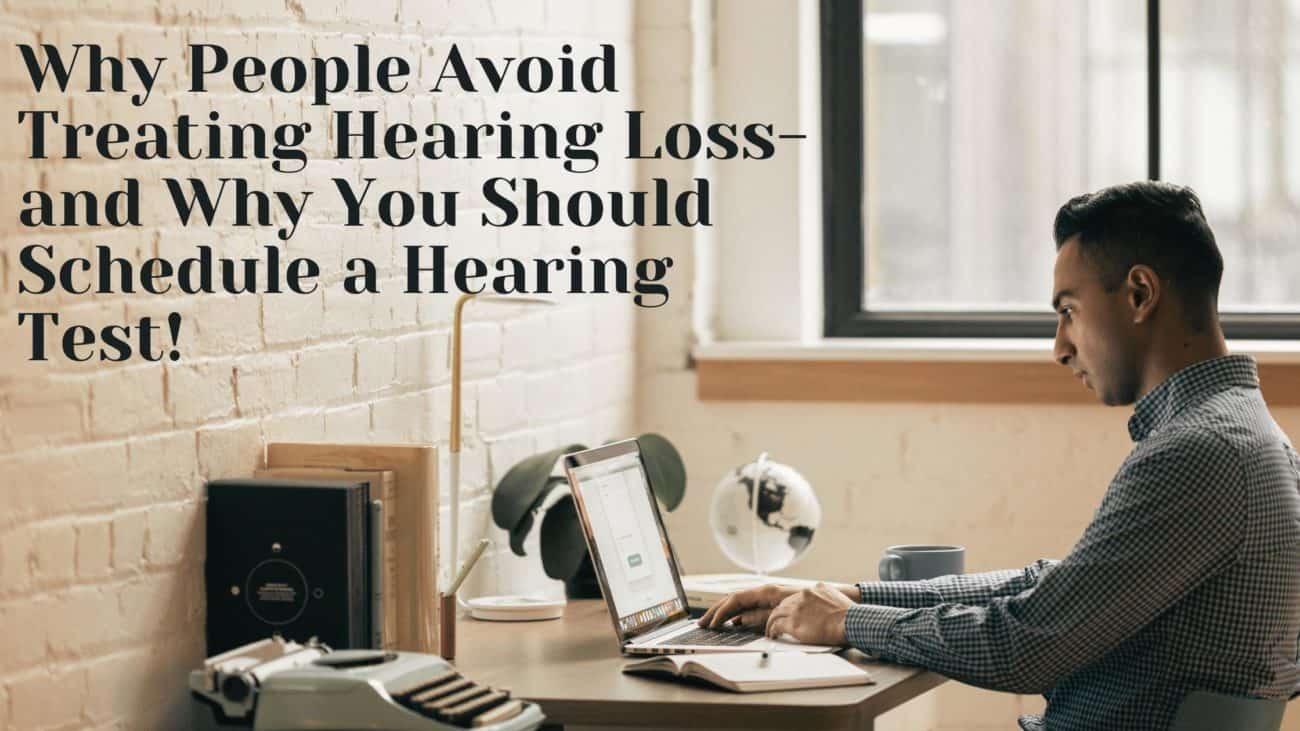- How Fast Can Hearing Loss Progress? - April 10, 2024
- Movie Enjoyment for Hearing Aid Users - March 13, 2024
- Predicting the Future of Hearing Healthcare - February 14, 2024
Do you suffer from hearing loss? You may and not even know it. Hearing loss commonly begins so slowly that it’s barely noticeable. Over time it can progress with little warning until people struggle to hear even in the most ideal of listening situations. Commonly thought of as a condition which effects the elderly, younger people rarely consider how hearing loss could be affecting their life. Even so, the World Health Organization (WHO) estimates that 466 million people worldwide deal with some form of hearing loss making it the world’s 3rd most chronic health condition. Not only that but WHO estimates that within the next 30 years the prevalence of hearing loss worldwide could double if awareness and prevention doesn’t not occur on institutional and personal levels.
What Can You Do to Fight Hearing Loss?
The fight against hearing loss begins with you. What makes hearing loss so serious is not just a loss of hearing but the major gaps in communication that ensue. While hearing loss is most often irreversible it can be effectively treated with the use of hearing aids. These amazing digital devices have taken leaps and strides in innovation in the last 20 years, enhancing sound and making those with hearing loss able to live their life, able to communicate to a higher potential than ever before.
However, of those who could benefit from hearing loss 70 years and older, only 20% ever take advantage of the life enhancing attributes of hearing loss. Even then, it takes most people 10 years from the time they suspect they have a hearing issue to actually seek treatment. Over this time, the dangerous side effects of hearing loss can take hold such as rifts in relationships, depression, isolation and cognitive decline increasing the likeliness of Alzheimer’s and other forms of dementia.
Barriers Against Treatment
When you understand the dangers of hearing loss it seems like a no brainer, that it’s reasonable to seek treatment. However, many people avoid addressing the subject due to denial and shame. It may be rapidly becoming more difficult for people to maintain conversation, making social situations exhausting due to strained listening fatigue, but often people find ways to rationalize the problem.
Blaming Others
It’s common for those who struggle blame their listening issues on others. They may believe someone is mumbling or needs to speak clearer when it can often indicate a loss of the specific frequency in which certain voices rest. For instance, those with high pitched voices just as children, can often be a challenge for the hearing impaired. Often blaming a hearing loss on others is easier than admitting the inevitable. Many are reluctant to admit they have hearing loss because of the stigma of age often associated with the condition. One in three people 65 or older struggle with hearing loss and this number jumps to 1 in 2 once a person reaches 75 or older. However, it’s important to understand that due to head trauma, exposure to loud noise, infection, or certain medications, hearing loss can occur at any age. The important thing is to address the stigma and remember that nothing ages you faster than chronic depression, anxiety and social isolation which hearing loss contributes to.
Hearing aids have an adjustment period
Hearing aids are an amazing tool to help you hear again but they take time to adjust to. They don’t work like glasses which you simply put on to instantaneously enjoy improved vision. Because people wait so long to treat a hearing loss, it may take the brain a while to get used to hearing sounds and tones which may not have been heard in years. Even the sound of your own voice may sound alarming when you first start wearing hearing aids. Give your brain a chance to adjust to hearing aids. All too often people become frustrated and give up before they truly enjoy the amazing benefits of hearing loss.
The cost of untreated hearing loss
Hearing aids are not inexpensive and are rarely covered by insurance. This isn’t the world we deserve but it’s the one we have. Many people are put off by the cost of hearing aids, without considering the larger picture. The Better Hearing Institute reports that annually those with untreated hearing loss make $30,000 less than contemporaries with normal hearing. When you understand the profound impact hearing loss can have on your career the cost of hearing aids must instead be regarded as an important investment. To find out more about what hearing aids can do for you, make an appointment today to have your hearing tested.

